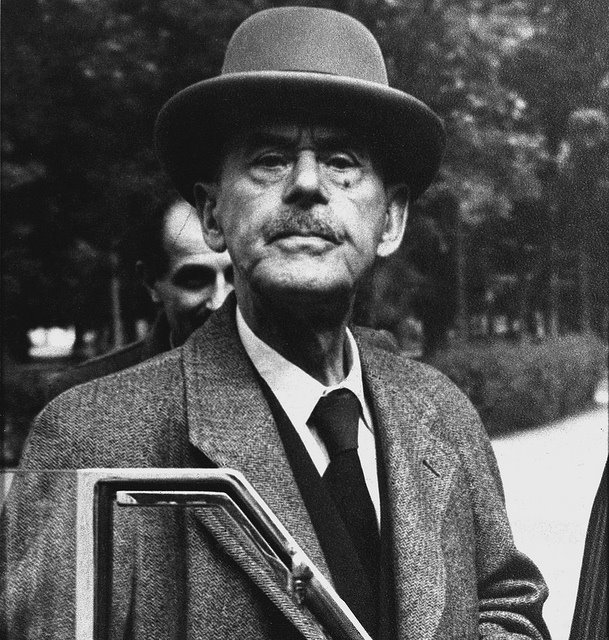“How to Win Friends and Influence People,” by Dale Carnegie, is a book on why generosity is the greatest good you can do to yourself and others. Its lessons are simple, easy to understand and readily applicable in everyday life.
It takes the mysteries of personal relationships and focuses them into astonishing clarity. It explains how to confidently meet new people, and make a first impression that is both memorable and likeable. It will show you how simple generosity and finding a genuine interest in other people can help you make lifelong friends and contacts.
The truth this book expounds is familiar and obvious. It’s a compilation of every piece of advice you have ever received on how to treat other people. It’s advice from your parents, your teachers, your dog – anyone you could possibly think of. It is the same advice you nod your head at dismissively, pretending to listen to. Besides, how often is the case that the person giving advice has no more reverence for it than you receiving it?
Why is such plainly beneficial knowledge discarded so thoughtlessly? Maybe it’s because it is so obvious; we see and hear it every day, over and over again. Yet this is precisely why the book is so profound. It doesn’t teach us how to win friends and influence people, it merely illustrates the answers right before us. All we have to do is notice them.
The book provides numerous suggestions for how to effectively interact with other people. It discusses everything from the Golden Rule, “do unto others as you would have them do unto to you,” to how to solve conflicts, and avoid them altogether by listening instead of arguing. It tells you to smile constantly, to remember peoples’ names, to never complain or criticize harshly and to always give sincere appreciation. By following this advice, you can be sure of you success in all different kinds of relationships.
For proof of the book’s effectiveness, all you have to do is read and test it out. As soon as you put it down, examples of its simple truths emerge readily for study and observation. There is no better place to test its merit then here on the University of Massachusetts campus. It’s a great tool for meeting new people in your dorm or in your classes. It will help you approach your teachers and develop relationships with them that will enable academic success, and open doors for new learning opportunities. The book will help you get involved on campus and in the community by helping you find people who share your interests. Basically, it will help you get the most out of your college experience.
Even in the text itself, there are numerous examples of what wonderful things can happen when the book’s advice it taken to heart. It explains how the ability to remember peoples’ names, and take genuine interest in their personal lives, helped make Franklin Delano Roosevelt one of the most popular presidents ever elected. This is just one example of how this simple advice can be used to such great effect.
The importance of this book and the effect it can have on peoples’ lives is immeasurable. After all, interacting with people is arguably the most important thing we do as human beings. The ability to relate with one another is essential to an organized society. It is also an invaluable life skill that everyone benefits from. With this in mind, a book that is so enlightening on the subject of human relationships should not be passed up by anyone.
Andrew Cogan can be reached at [email protected]













Rebecca • Jun 7, 2010 at 9:20 pm
Wonderfully written article. Your conclusion paragraph is inspirational.